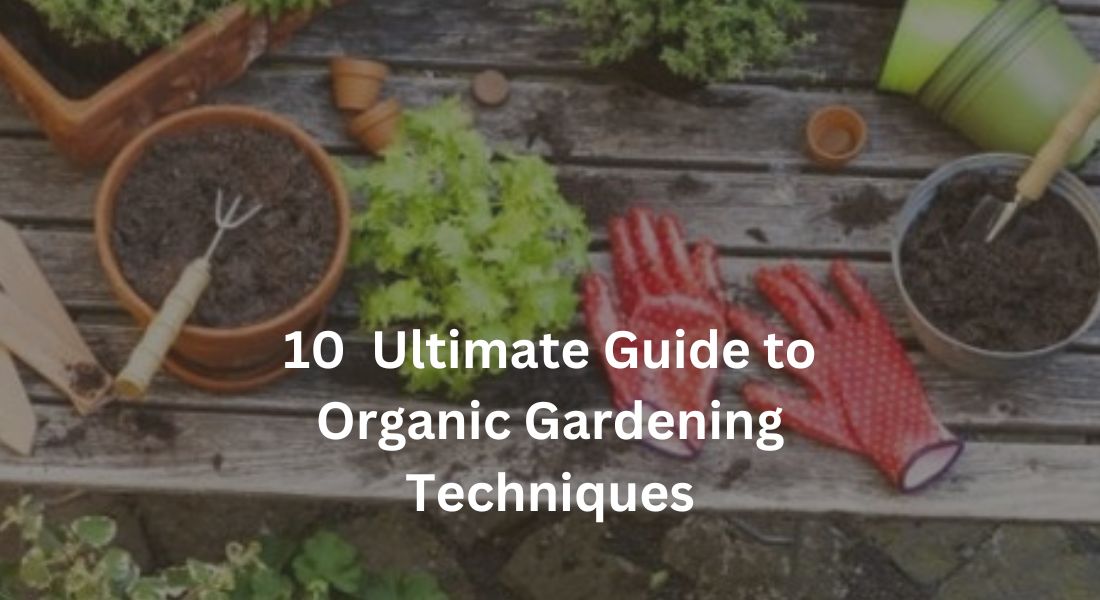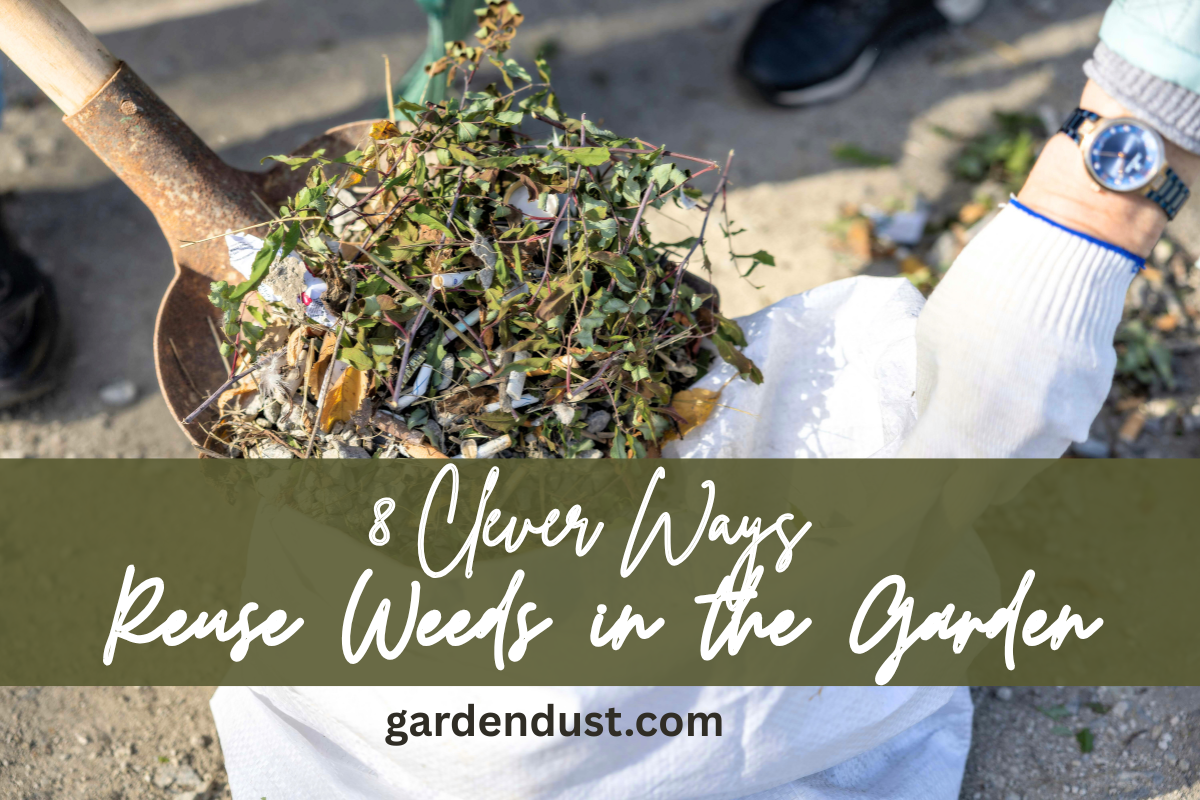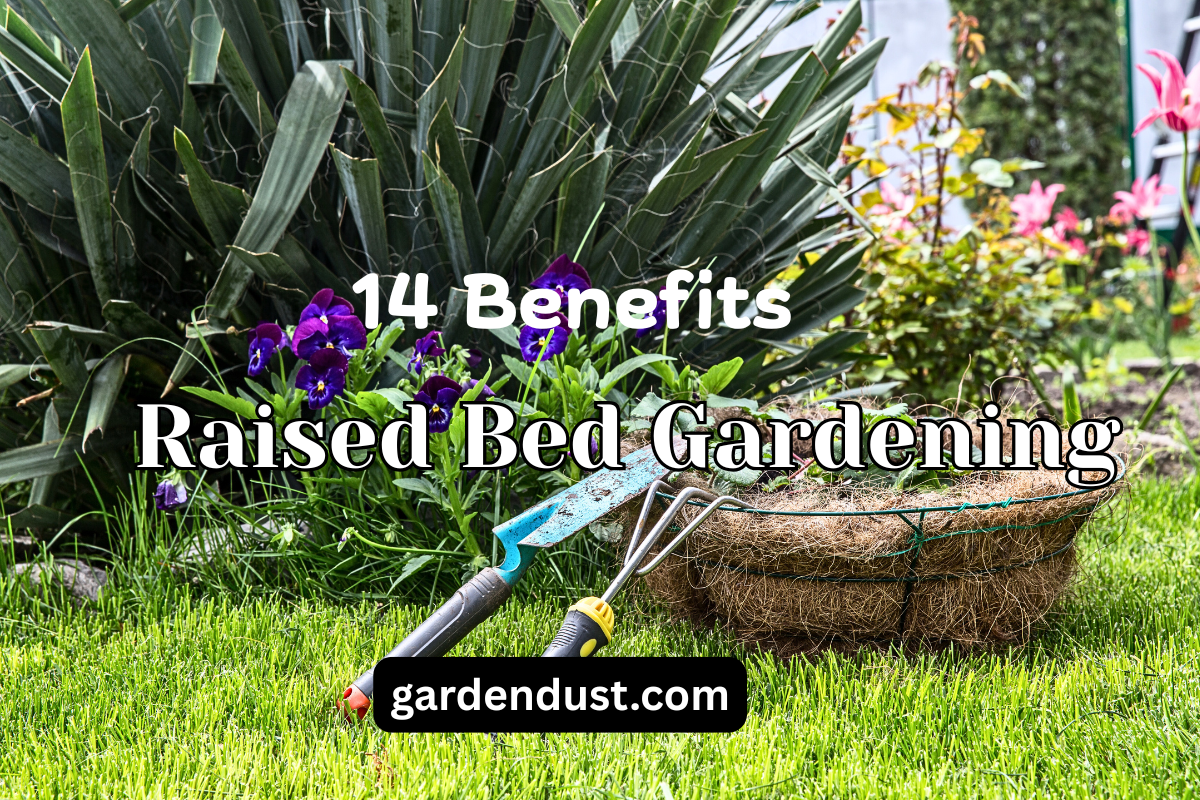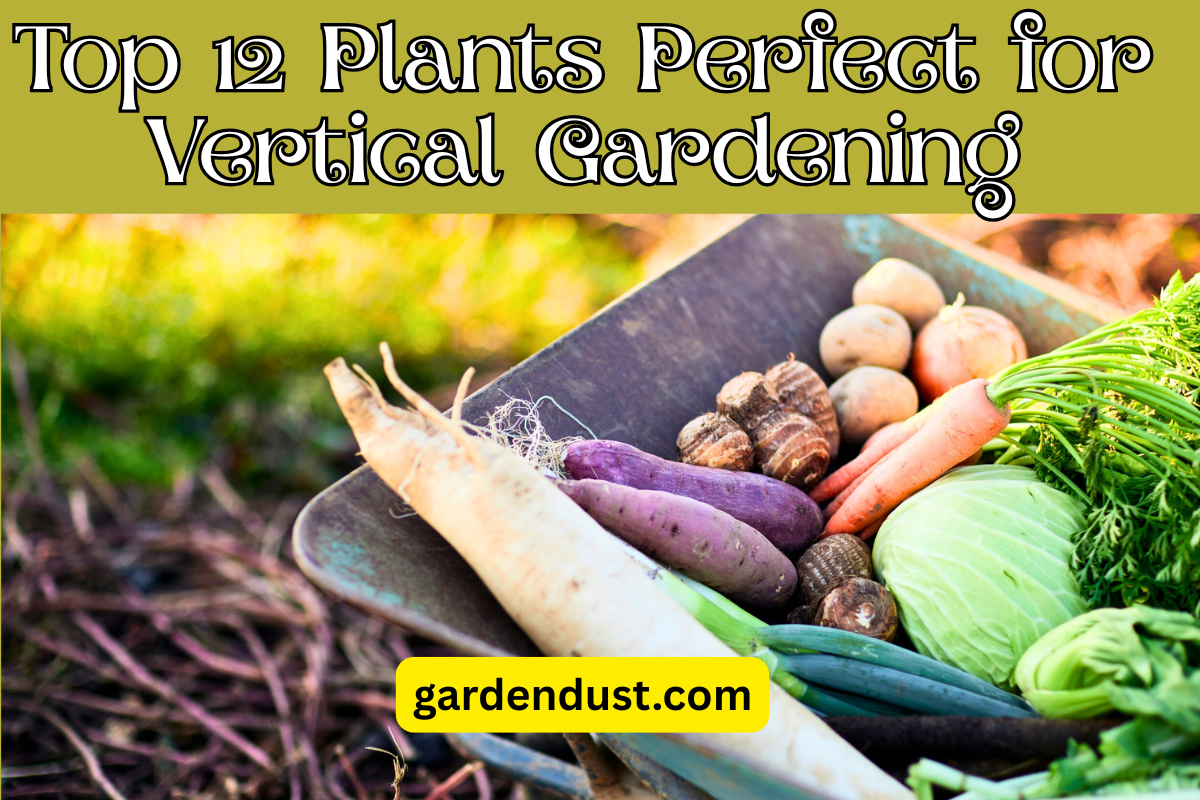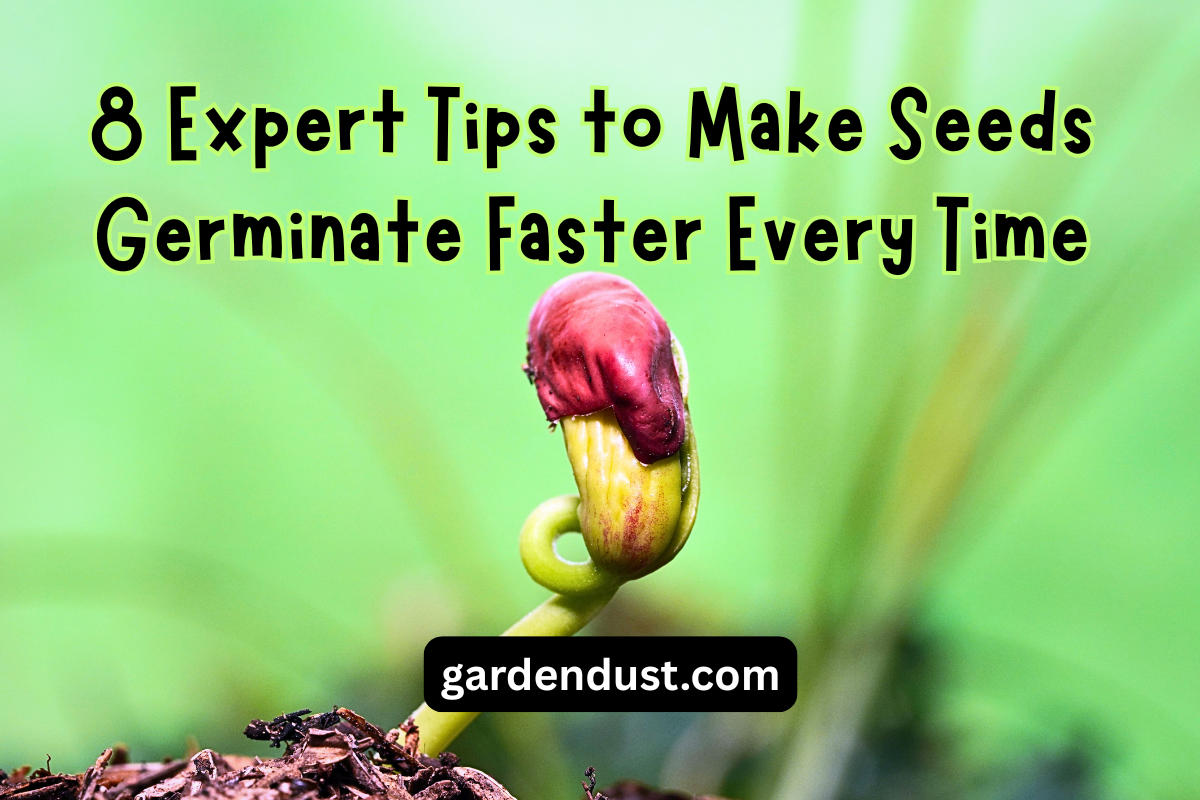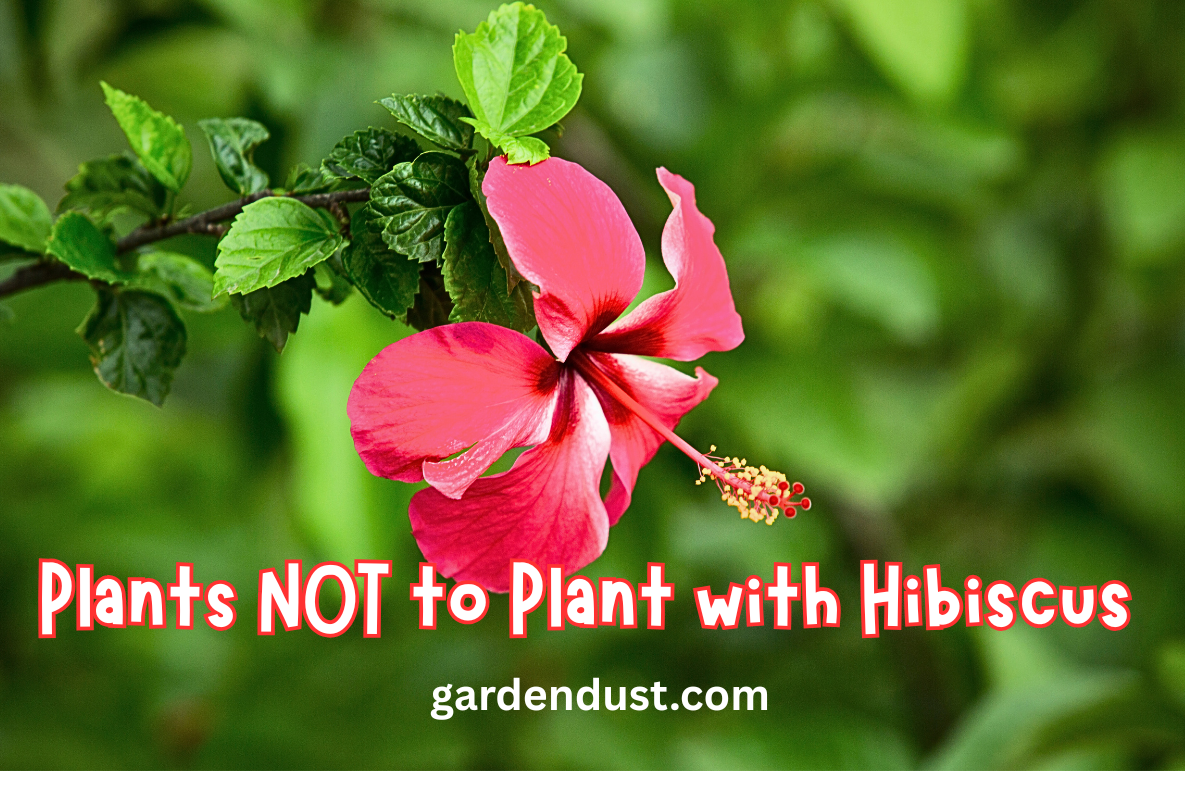Organic gardening has been gaining popularity in recent years as people become more aware of the harmful effects of chemicals and synthetic pesticides on the environment and their health. Organic gardening techniques are a natural and sustainable way of growing fruits, vegetables, and flowers without the use of harmful chemicals. In this article, we will provide you with the ultimate guide to organic gardening techniques that will help you grow healthy and productive plants in your garden.
1.Soil Preparation

The first step in organic gardening is to prepare the soil. The soil is the foundation of any garden, and it needs to be rich in nutrients and organic matter to support healthy plant growth. Start by testing your soil to determine its pH level and nutrient content. You can buy a soil testing kit or send a sample of your soil to a lab for analysis.
Once you know your soil’s pH level and nutrient content, you can amend it with organic matter such as compost, aged manure, or leaf mold. These organic materials will improve soil structure, retain moisture, and provide essential nutrients to your plants. Mix the organic matter into the top 6-8 inches of soil using a garden fork or tiller.
2.Companion Planting
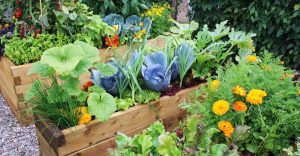
Companion planting is the practice of planting different crops together to promote healthy growth and pest control. Some plants have natural pest-repelling properties, and planting them alongside other crops can help to deter pests and reduce the need for pesticides.
For example, planting marigolds alongside tomatoes can help to repel nematodes, a common tomato pest. Similarly, planting onions or garlic near carrots can help to repel carrot flies. You can also plant herbs such as basil, oregano, and thyme throughout your garden to repel pests and add flavor to your meals.
3.Cover Cropping
Cover cropping involves planting a crop specifically for its soil-improving properties. For example, legumes such as clover and beans can fix nitrogen from the air and add it to the soil. Other cover crops such as rye and buckwheat can help suppress weeds and prevent erosion.
Adding a layer of organic material such as straw, leaves, or grass clippings to the soil surface around your plants. Which helps to retain moisture in the soil, suppress weed growth, and regulate soil temperature. It also provides a source of organic matter as it decomposes.
4.Watering
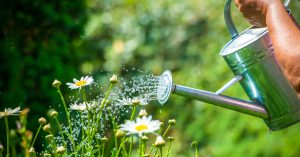
Proper watering is essential for healthy plant growth. Water your plants deeply and infrequently, rather than giving them small amounts of water frequently. This encourages deep root growth and helps to prevent diseases caused by over-watering.
Water your plants in the morning or evening when the temperature is cooler to reduce water loss through evaporation. Avoid watering your plants during the hottest part of the day, as this can lead to leaf scorch and water stress.
5.Pest Control

Pest control is one of the biggest challenges in organic gardening. Without the use of synthetic pesticides, organic gardeners need to rely on natural methods to control pests and diseases.
One effective method of pest control is handpicking. Check your plants regularly for signs of pests, such as chewed leaves or holes in the fruit. Remove any pests you find by hand and dispose of them away from your garden.
You can also use natural pest deterrents, such as companion planting, physical barriers, and insect-repelling plants. For example, planting mint or catnip near your plants can help to deter aphids, while using row covers or netting can prevent pests from reaching your plants.
6.Crop Rotation
Crop rotation is the practice of growing different crops in the same area of your garden in a planned sequence. This helps to prevent the buildup of pests and diseases in the soil, as different crops have different nutrient requirements and attract different pests.
For example, if you grow tomatoes in one area of your garden one year, plant beans or peas in that area the following year. This helps to break the pest and disease cycle and keep your soil healthy.
7.Composting

Composting is the process of breaking down organic materials such as kitchen scraps, yard waste, and leaves into a nutrient-rich soil amendment. Compost adds essential nutrients to your soil and helps to improve soil structure and water retention.
Start a compost pile in your garden by layering organic materials such as grass clippings, leaves, and kitchen scraps. Keep the pile moist and turn it regularly to aerate the composting process. Once the compost is dark, crumbly, and smells earthy, it is ready to use in your garden.
8.Organic Fertilizers
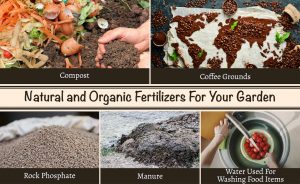
Organic fertilizers are made from natural materials such as bone meal, coffee grounds, manure, compost, blood meal, and fish emulsion. They provide essential nutrients to your plants and improve soil fertility without the use of synthetic chemicals.
Use organic fertilizers according to the instructions on the package, as over-fertilizing can lead to nutrient imbalances and plant stress.
9.Beneficial Insects

Beneficial insects such as ladybugs, lacewings, and praying mantises can help to control pests in your garden. They prey on common garden pests such as aphids, whiteflies, and spider mites, reducing the need for chemical pesticides.
Attract beneficial insects to your garden by planting flowers such as marigolds, daisies, and sunflowers. Provide a source of water for them, such as a shallow dish filled with rocks, and avoid using chemical pesticides that can harm beneficial insects.
10.Mulching
Mulching involves covering the soil surface around your plants with a layer of organic material such as leaves, straw, or grass clippings. This helps to conserve moisture in the soil, suppress weeds, and regulate soil temperature.
Mulch also breaks down over time, adding organic matter to the soil and improving soil structure. It can also help to prevent erosion and reduce soil compaction.
To mulch your garden, spread a layer of organic material around the base of your plants, being careful not to cover the stems or foliage. Aim for a depth of around 2-3 inches, and avoid using materials that are high in nitrogen, such as fresh grass clippings, as they can cause nitrogen burn in your plants.
By using organic mulch in your garden, you can conserve water, suppress weeds, improve soil fertility, and reduce the need for chemical fertilizers and pesticides.
organic gardening is a sustainable and natural way of growing healthy plants in your garden. By following these organic gardening techniques, you can create a thriving garden that is free from harmful chemicals and pesticides. Remember to prepare your soil, practice companion planting, mulch your soil, water your plants deeply and infrequently, use natural pest control methods, rotate your crops, compost your organic materials, use organic fertilizers, and attract beneficial insects. With a little effort and patience, you can enjoy the rewards of a healthy and productive organic garden.

